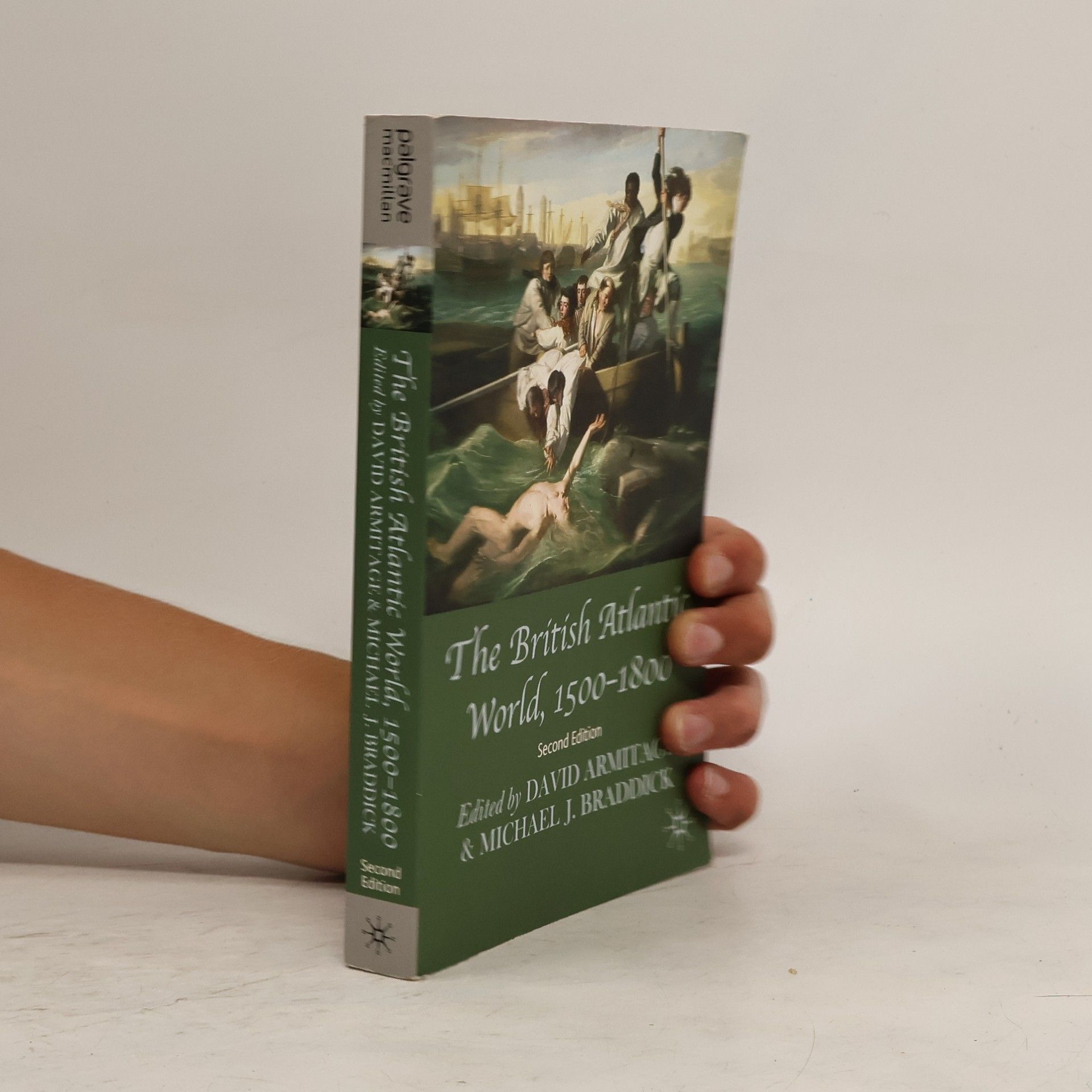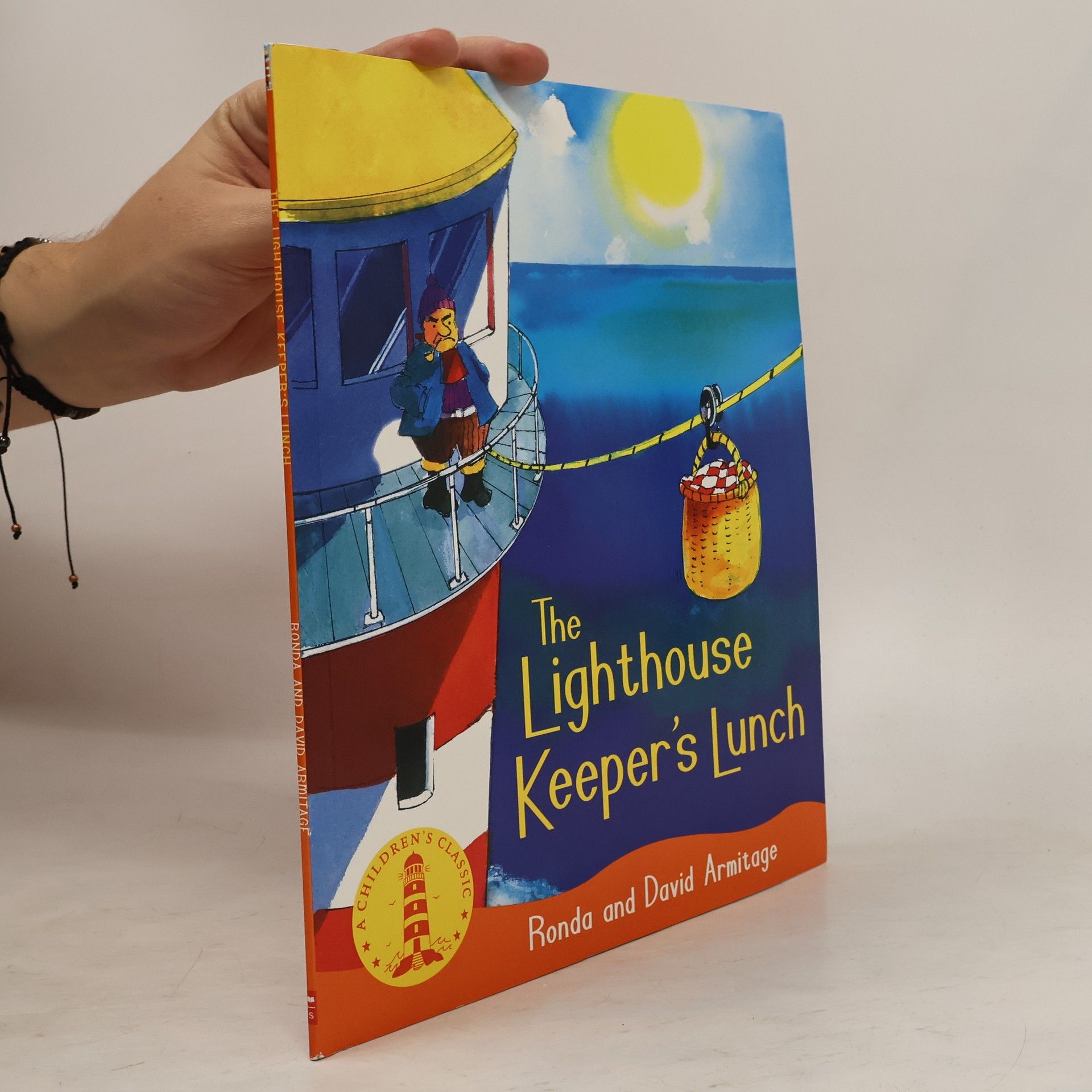The Lighthouse Keeper's Lunch
- 32 pages
- 2 hours of reading
Every day, Mr Grinling the lighthouse keeper cleans & polishes his light to make sure it shines brightly at night. At lunchtime he tucks into a delicious lunch, prepared by his wife. But Mr Grinling isn't the only one who enjoys it. Can Mrs Grinling stop the greedy seagulls stealing the lighthouse keeper's lunch?




